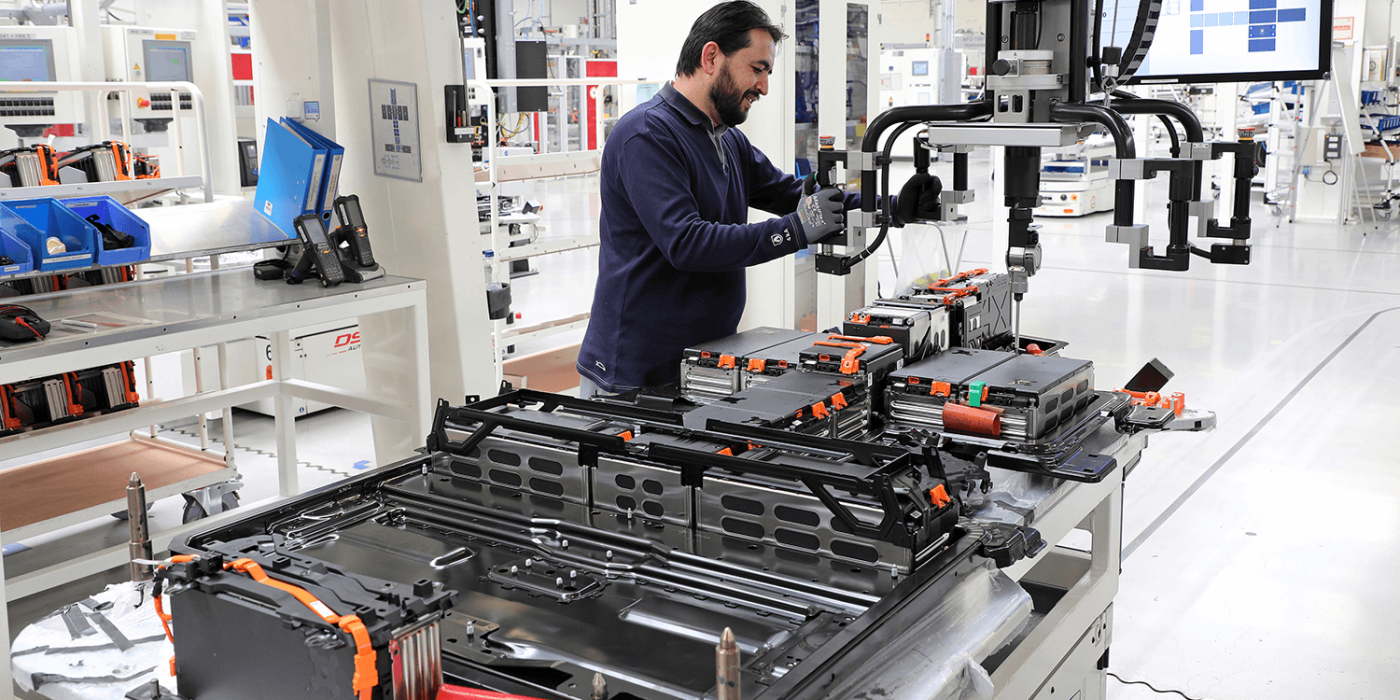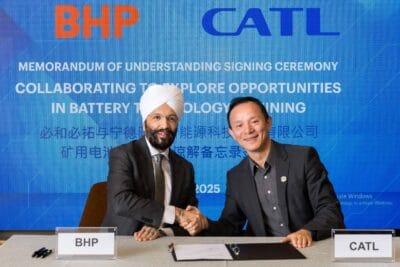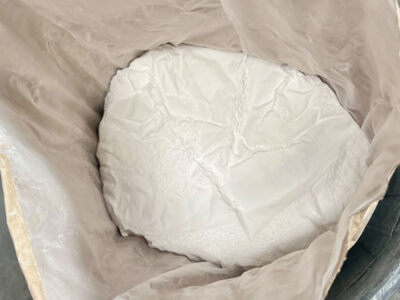Europe to carry 30% of global battery cell production
In Berlin today, Germany’s Federal Minister for Economic Affairs and Energy, Peter Altmaier, delivered his latest take on the European Battery Alliance (EBA). While he signalled strong targets and promised one billion euros of funding, he did not name concrete details of the planned battery cell production in Europe or Germany.
The Minister of Economic Affairs seemed to be want to put off the journalists gathered for the press conference in Berlin with regards to actual names and locations. “Signals from the industry suggest that concrete results may be available around the turn of the year. After that, concrete funding opportunities for consortia and locations will be decided,” says a German Federal Ministry for Economic Affairs (BMWI) briefing distributed at the meeting. While the German government spoke of being “concrete” this was not the impression given.
Peter Altmaier did, however, have some news concerning the targets of the planned battery cell production in Europe. The goal is to cover around 30 per cent of global demand for battery cells from German and European production by 2030. According to what he calls “legitimate estimates”, worldwide demand for mobile and stationary power storage systems will increase more than tenfold by this time. Indeed more than enough volume to enter the market on a large scale.
So, while the German government seems to be quite clear about what they want, Altmaier made it explicit that he expects the industry to deliver results. For manufacturers to venture into the investment-intensive business, his the BMWI is providing 1 billion euros in subsidies until 2021. This funding framework will be set up in accordance with the possibilities of the “Important Projects of Common European Interest” opened up by the European Commission. Specifically, the government wants to support German companies that cooperate with European partners.
According to the Ministry of Economic Affairs, interest is high – “not only in Germany but also in France, Poland and Austria, among others”. Altmaier says he has has been talking with his counterparts in these countries, like the Vice-President of the European Commission, Meros Sefcovic, the responsible EU Commissioner Margrethe Vestager and industry representatives for quite some time. The government’s approach to industrial battery cell production does seem to be a strategic one, which is what must now be made concrete with all parties involved.
While Altmaier has announced various plans for German or European cell production in an almost weekly rhythm, any such initiative has yet to materialise. Today he had reportedly wanted to present a new battery cell consortium, but expectant journalists were again left without news of specific plans and no players.
Only a month ago, minister Altmaier proposed the construction of two large-scale factories, funded with a billion euro each. He has now confirmed said funding. Yet, if Germany will ever become big in batteries is still uncertain. So far, Germany and Poland have reportedly agreed to cooperate on the undertaking.
Altmaier’s call once more echoed the European Commission that has started to shape a European Battery Alliance (EBA) not unlike Airbus earlier this year. While the Commission is calling for a “green battery” that adheres to EU standards in order to set it apart from Asian competitors, the industry, however, is pointing to a technological solution, namely solid-state batteries. The German government has apparently also reserved funding for this purpose: 16 million euros are to form a new research cluster.
On the European level, players such as Northvolt of Sweden or Saft of France, that set up a cooperation with Siemens, Manz and Solvay are moving ahead and want to develop (solid-state) batteries with EU funding. Currently, big companies from China and Korea such as CATL and SK Innovation are already working on local battery cell production on the continent.
with reporting by electrive.net from Berlin





0 Comments